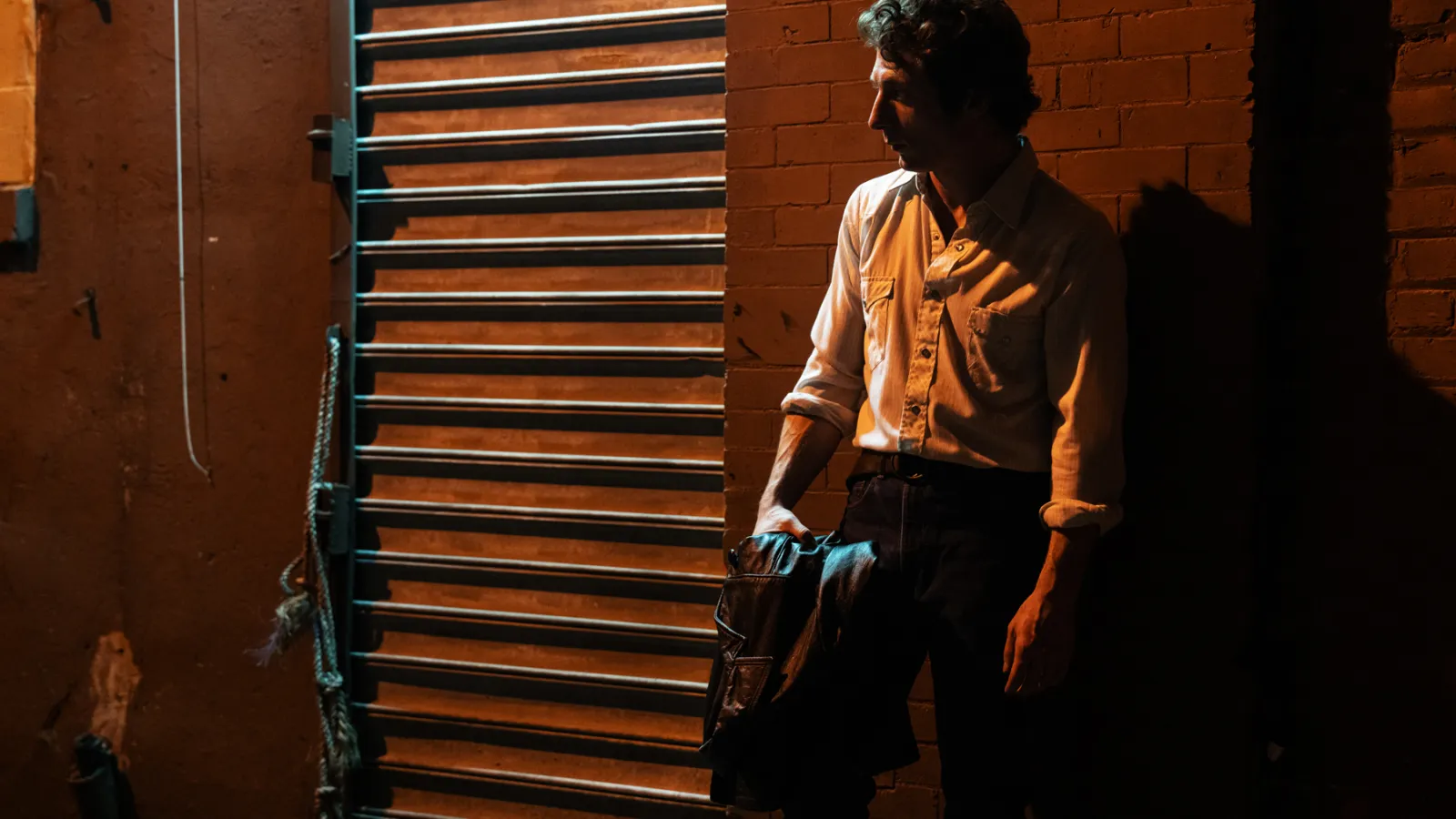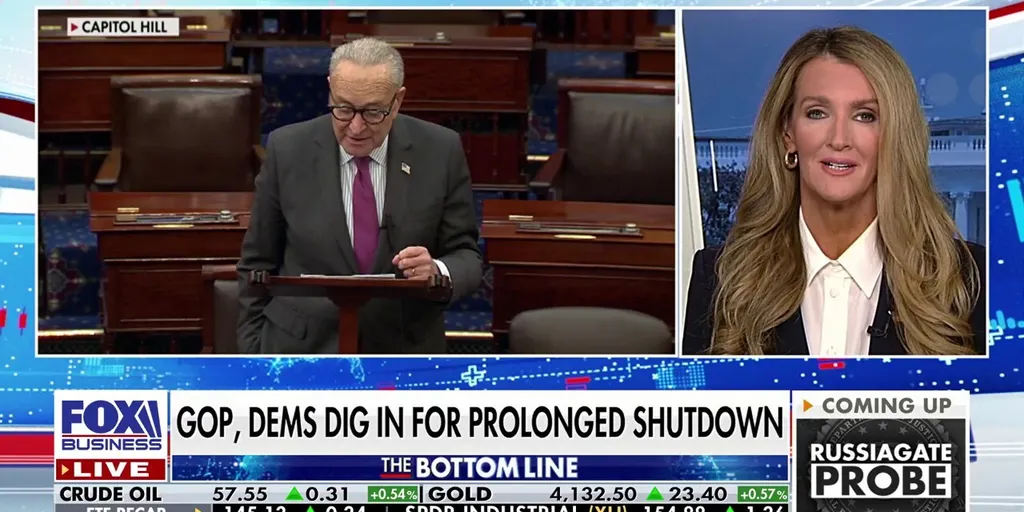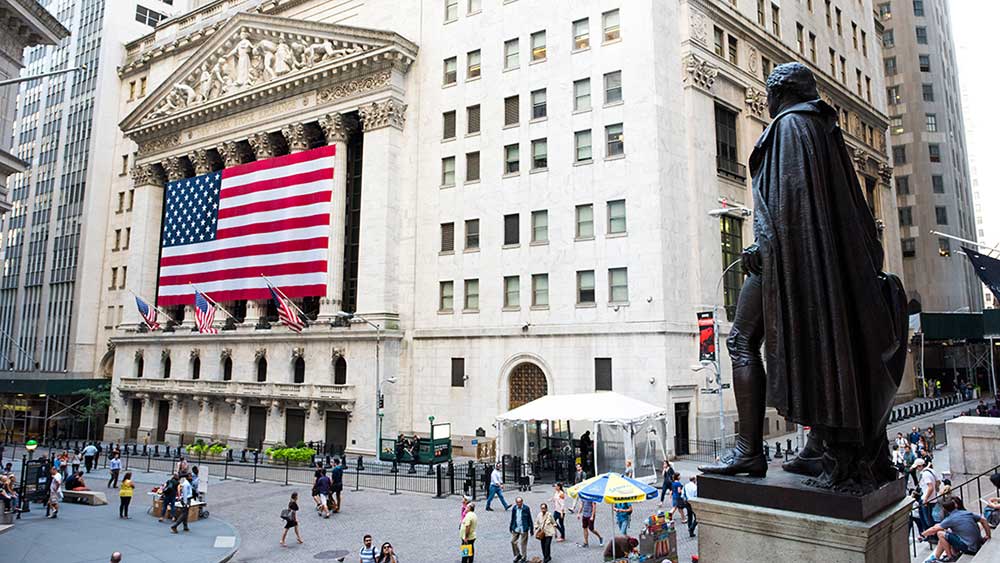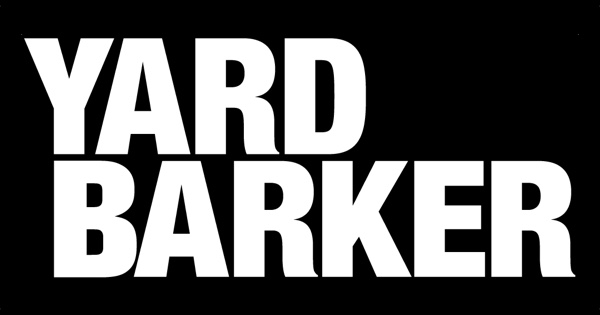Copyright Arkansas Online
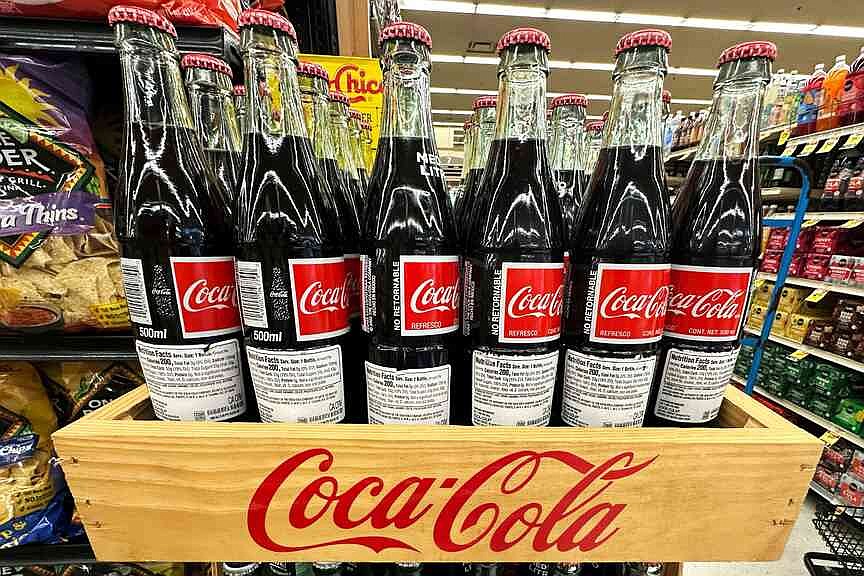
The Coca-Cola Co. said sales of premium beverages and mini cans helped boost its third-quarter results despite tepid demand in the U.S. and elsewhere. The Atlanta beverage giant said Tuesday it continues to see a divergence among consumers in North America and Europe, with higher-income buyers opting for its more expensive brands like Smartwater, Topo Chico and Fairlife while middle- and lower-income consumers are under more pressure. Henrique Braun, Coke's chief operating officer, said the company has focused on affordability by shrinking package sizes and leaning into sales of mini cans. Earlier this month, Coke announced it will sell individual, 7.5-ounce mini cans for the first time at North American convenience stores starting Jan. 1. The mini cans have a suggested retail price of $1.29. "We're pivoting accordingly. We know that the consumer landscape has not changed," Braun said during a conference call with investors. Coca-Cola said its organic revenue rose 6% to $12.41 billion in the July to September period. That was in line with what Wall Street expected, according to analysts polled by FactSet. Unit case volumes were up 1% worldwide, reversing a 1% slide in the second quarter. Case volumes were flat in North America and Latin America and down 1% in Asia. But they rose 4% in the company's Europe, Middle East and Africa region. Coke said prices grew 6% in the quarter, partly due to the mix of beverages sold. Coca-Cola Zero Sugar was a standout in the third quarter, with unit case volumes up 14% globally, while Diet Coke and Coca-Cola Light sales grew 2%. Case volumes for water, sports drinks, coffee and tea rose 3%, while dairy and juice volumes fell 3%. The company's net income jumped 30% to $3.69 billion. Adjusted for one-time items, Coke earned 82 cents per share. That was also higher than the 78 cents analysts forecast. Coca-Cola reiterated its full-year financial guidance, including organic revenue growth of 5% to 6% and adjusted earnings-per-share growth of 3%. Coke also said it continues to expect the impact of tariffs to be "manageable." Coca-Cola shares rose roughly 4.1% by close of Tuesday trading. Coca-Cola also said Tuesday it is refranchising its bottling operations in Africa. Coke and Gutsche Family Investments, a private South African company, have agreed to sell a 75% controlling interested in Coca-Cola Beverages Africa to Coca-Cola HBC AG, a major bottler for the company based in Switzerland. The deal is worth $2.55 billion. Coca-Cola will retain a 25% stake in Coca-Cola Beverages Africa. The transactions are expected to close by the end of 2026. The transaction creates the second-largest bottling partner for the caffeinated soft drink by volume and marks another step in which the U.S. firm is moving away from the business of bottling. Coca-Cola also sold a stake in its Indian bottling operations this year. The Gutsche family is getting paid in cash and shares, meaning it will have a 5.5% stake in Coca-Cola HBC. Philipp Hugo Gutsche, the 84-year-old head of the family business, has served on Coca-Cola Beverages Africa's board, and the family said it will continue its involvement through the holding. Coca-Cola is diversifying to overcome sagging demand for carbonated soft drinks. Its bottling investments made up 13% of revenue last year, down from 52% almost a decade earlier. After the Africa sale closes next year, that number should drop to about 5%, Coke said. Coca-Cola's strategy over the years has hinged on outsourcing the capital and labor-intensive parts of the business, like bottling, to third parties. Under license from Coca-Cola, which supplies the concentrate and shapes the strategy, its independent partners make the drinks, package them, hire trucks, distribute the products and market them in ways that appeal to local cultures. The buyer, Coca-Cola HBC, aims to tap Africa's growth opportunities and plans a secondary listing on the Johannesburg Stock Exchange, it said. "It's a vote of confidence in South Africa and the African continent," Chief Financial Officer Anastasis Stamoulis said on a conference call. Philipp Hugo Gutsche built his father's business from a relatively small company operating from the coastal city of Port Elizabeth, South Africa, through acquisitions of numerous Coca-Cola franchises in the country. Shortly after South Africa's first democratic elections, it joined with Coca-Cola Co.'s East Africa units. The family also operates a real estate investment company and a local dairy. At least two other billionaire families have emerged from partnering with Coca-Cola to bottle the beverage giant's products. The David-Leventis dynasty behind Coca-Cola HBC started a bottling business in Nigeria in 1951 that later grew into a major partner for the U.S. drinks-maker in parts of Africa as well as central and eastern Europe. The purchase will add 14 African markets to its portfolio, allowing it to cover more than half of the continent's population. The family, originally from Cyprus, now controls a stake worth more than $4 billion in the London-listed company, according to Bloomberg data. Spain's Daurella family started their bottling venture at a similar time to the David-Leventis dynasty. The Iberian family are the largest shareholders of Coca-Cola Europacific Partners Plc, which joined the U.K.'s benchmark FTSE 100 index earlier this year. Led by Sol Daurella, a third-generation member of the Spanish dynasty, the family has an overall net worth of at least $8 billion, according to the Bloomberg Billionaires Index. Tuesday's deal with Coca-Cola Beverages Africa includes an option for Coca-Cola HBC to buy the rest of the company within six years. Information for this article was contributed by Dee-Ann Durbin of The Associated Press and by Marthe Fourcade, Ana Monteiro, Janice Kew, Tara Patel, Maddie Parker and Ben Stupples of Bloomberg (WPNS).
